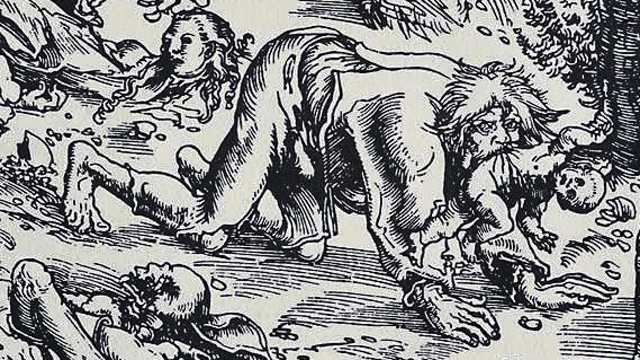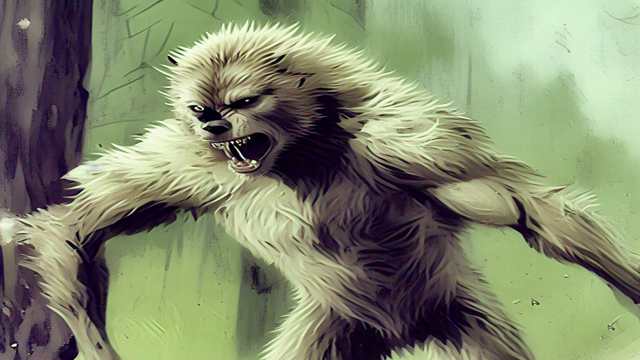The legend of werewolves has fascinated people for centuries. These half-human, half-wolf creatures have appeared in stories, movies, and folklore around the world. But where did this chilling myth come from? Let’s explore the history of werewolves and how they became a part of our culture.
Ancient Roots
The idea of humans transforming into wolves dates back to ancient times. In Greek mythology, the story of Lycaon is one of the earliest accounts. According to the myth, Lycaon was a king who angered Zeus by serving him a meal made from human flesh. As punishment, Zeus turned him into a wolf. This tale highlights the fear and fascination with transformation and the wild nature of wolves.
In Norse mythology, there are also stories of shape-shifters. The god Odin was known to have the ability to change forms. Some warriors, called berserkers, were said to wear wolf skins and take on the ferocity of wolves in battle. This connection between humans and wolves has deep roots in various cultures.
Medieval Europe
The werewolf legend gained popularity in medieval Europe. During this time, many people believed in the supernatural. The fear of witches and other dark forces was widespread. In the 15th and 16th centuries, werewolf trials began to emerge, similar to witch trials. People accused of being werewolves faced severe punishments, including execution.
One famous case was that of Peter Stumpp, a German farmer accused of being a werewolf in 1589. He confessed under torture to having made a pact with the devil. Stumpp claimed he could transform into a wolf and had killed and eaten several people. His trial and execution fueled the werewolf myth and spread fear throughout Europe.

The Role of Folklore
Folklore played a significant role in shaping the werewolf legend. Many cultures have their own versions of werewolf stories. In France, the Loup-Garou is a well-known creature. This wolf-man is said to roam the countryside, preying on livestock and sometimes humans. In Slavic folklore, the Vodyanoy is a water spirit that can also take on a wolf form.
These stories often served as cautionary tales. They warned people about the dangers of the wild and the unknown. The werewolf became a symbol of humanity’s struggle with its primal instincts.
Modern Interpretations
In the 19th and 20th centuries, werewolves began to appear in literature and film. One of the most famous works is “The Werewolf” by Clemence Housman, published in 1896. This story helped shape the modern image of werewolves as tragic figures caught between two worlds.
The 1935 film “Werewolf of London” was one of the first to bring werewolves to the big screen. However, it was the 1941 classic “The Wolf Man” that truly popularized the werewolf genre in Hollywood. This film introduced the idea of a man cursed to transform into a wolf during the full moon, a concept that remains popular today.
Werewolves in Popular Culture
Today, werewolves are a staple in horror and fantasy genres. They appear in books, movies, and TV shows. Series like “Teen Wolf” and “The Vampire Diaries” have brought werewolves into the spotlight, often portraying them as misunderstood characters.
The fascination with werewolves continues to grow. Many people enjoy the thrill of the supernatural and the idea of transformation. Werewolves represent the struggle between humanity and primal instincts, making them compelling figures in storytelling.
Conclusion
The history of werewolves is rich and complex. From ancient myths to modern films, these creatures have captured our imagination. They remind us of the wildness within and the fear of the unknown. Whether you see them as terrifying monsters or tragic figures, werewolves will continue to haunt our stories for generations to come.
So, the next time you hear a howl in the night, remember the chilling history behind it. Are you brave enough to explore the world of werewolves? Share your thoughts and favorite werewolf stories in the comments below!

